No Such Thing as Too Perfect
By Daniel Prado - Monday, February 3, 2025
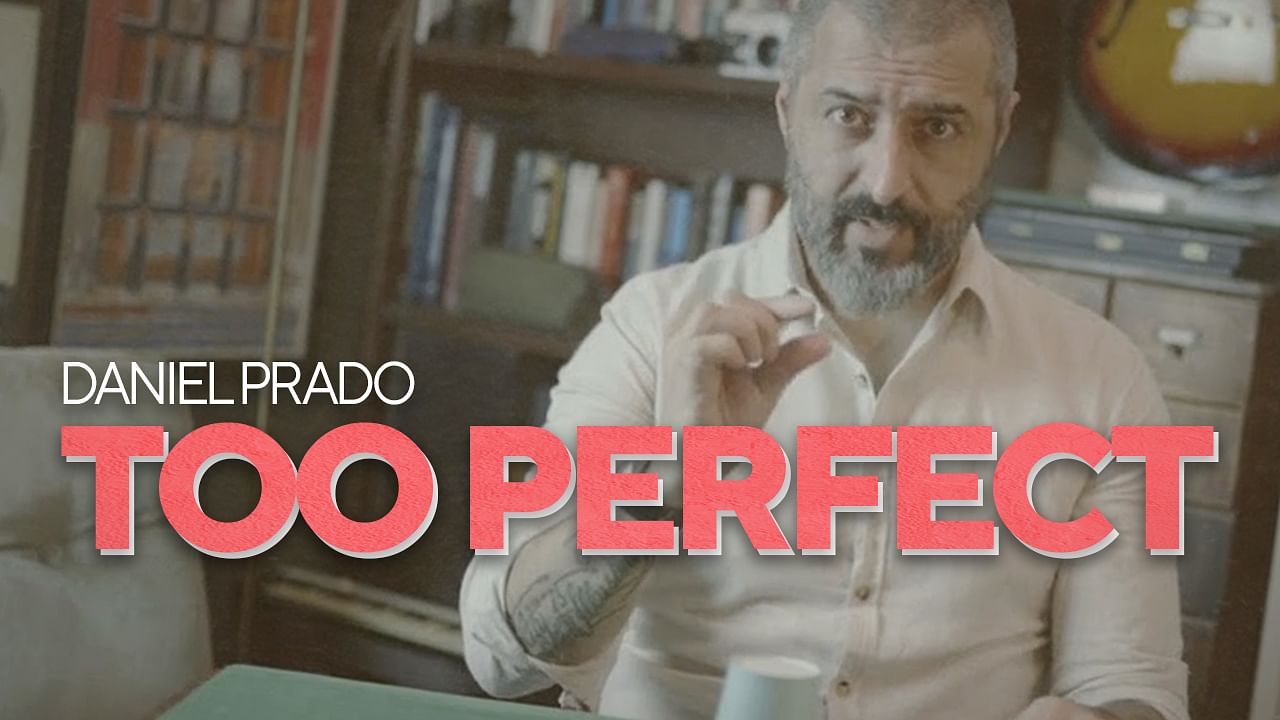
0.004 percent. That is the measure of the most perfect thing that exists for us. If this number was higher or lower, say 0.005 or 0.003 you wouldn’t be reading this article.
The radius of our planet is about 6.378 kilometers, a mere 0.004 of the distance between the Earth and the Sun. If you’re not understanding why this matters, let me explain further.
Relative to the Sun, the distance between the hottest places in our planet and the coldest ones, is just six thousand kilometers, and that means that if the Earth was further away a couple of thousand kilometers, the planet would be a giant snowball and if it were a couple of thousand kilometers closer, it would be too hot to sustain life as we know it
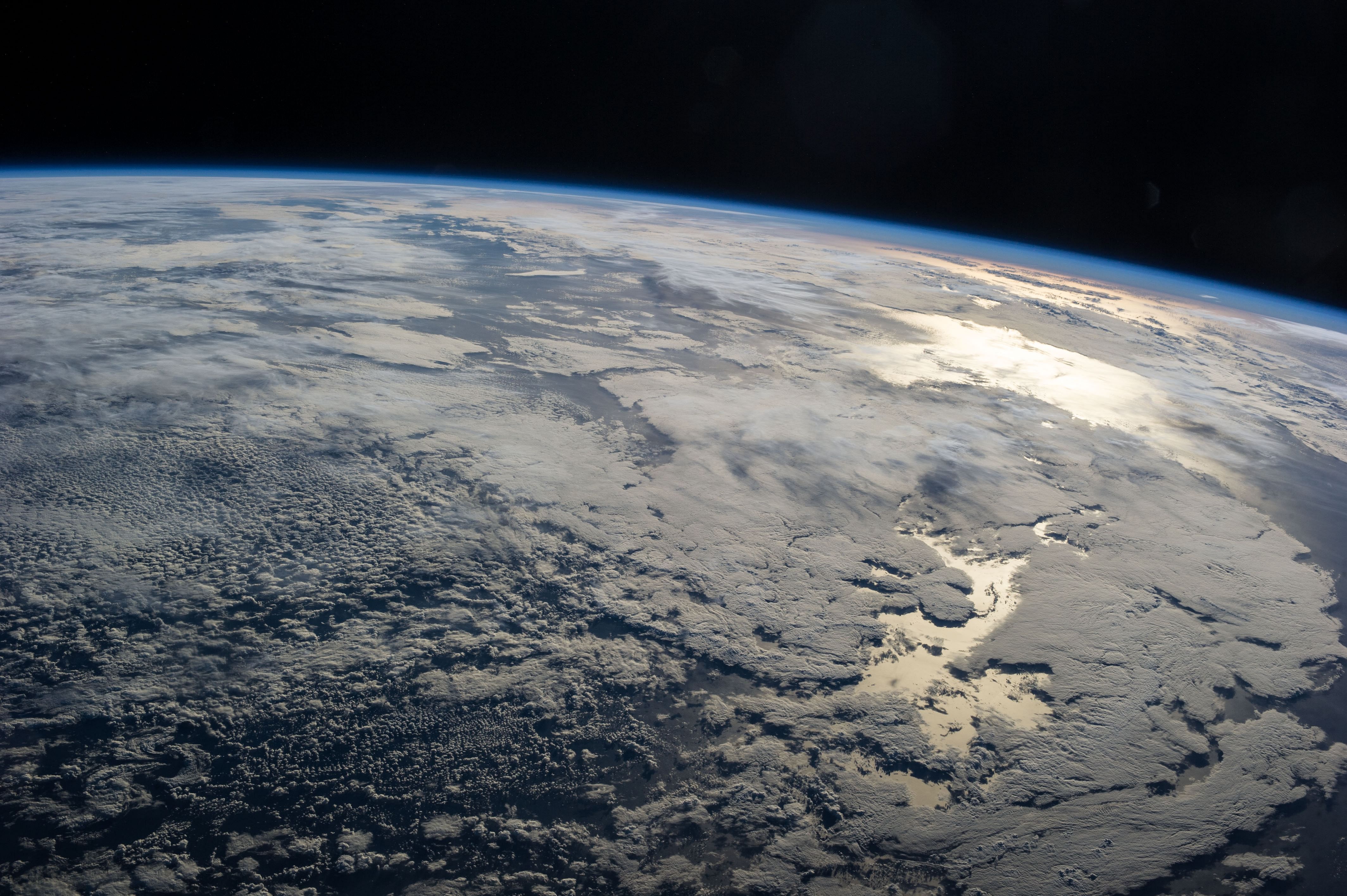
It is because our planet is on the perfect spot at the perfect time in the Cosmos, that you and I can spend our time talking about magic tricks and methods that are allegedly so good that they are actually bad.
But it’s not because Earth spins and travels at the perfect spot around the Sun that the Earth is perfect. Earthquakes, floods, volcanic eruptions, viruses and a thousand other menaces to life can make our existence far from perfect.
And that is exactly the beauty of it.
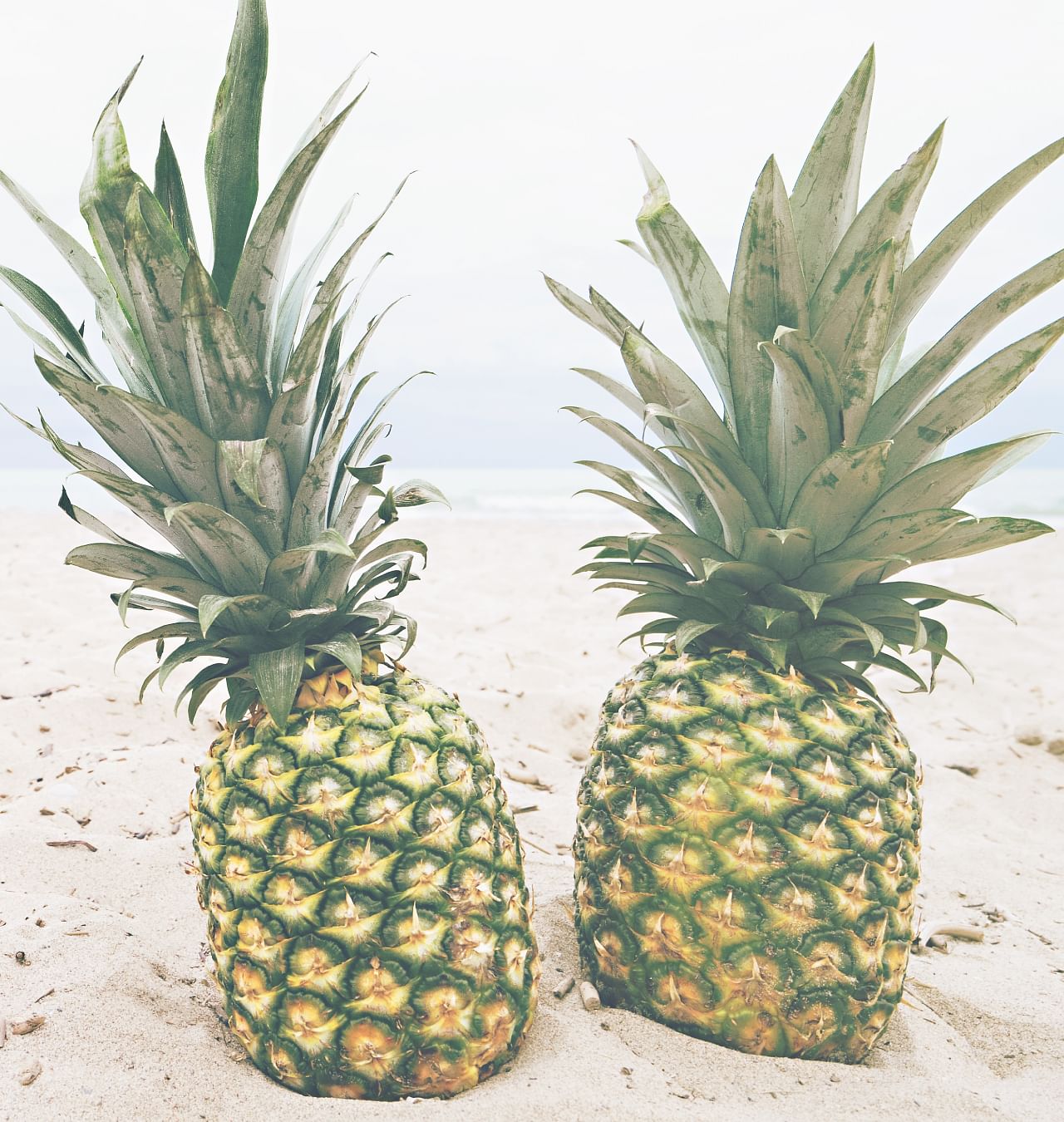
If you look at a pineapple up close, you’ll see that it is a hideous fruit. Discoloured, with asymmetric bumps and spikes, each one with a different size and shape. But if you like pineapples, you can forget all of that for a piece of it, with sweetness and acidity on the amount that is just right.
That is why the position of the Earth in relation to the Sun is called the “Goldilocks Zone”, in reference to the tale about a girl who enters a house, owned by bears and eats their porridge that is not too hot or too cold, it is just right.
At this point you may ask yourself why on Earth I’m talking about porridge and astronomy in a magic article?
It so happens that on January 6th of 1937, particles from distant places in the cosmos gathered round in Newport, Rhode Island to create a human being called Rick Johnsson that, forty years later, decided to share an idea that something could be more than just right.
Perfection is Subjective
Perfection is a highly complex concept, especially because most of the time it has to do with the subjectivity of the person who’s invoking its presence. For me, the perfect cup of coffee could be a 65ºC cup of a lightly roasted Ethiopia geisha. But for you, it could be a supermarket brand, dark roasted and burning hot.
But we all agree that the word “Perfection” is being used to refer to a state that can’t be surpassed. We say something is perfect when it reaches the top of the scale to measure how good something can be from our perspective.
That’s why there’s no such thing as more than perfect and for that matter, nothing can be too perfect.
Imagine a NASA engineer building a piece of metal to fit and seal a container to be used in space. Either it seals or not. If it seals, perfect. If it doesn’t, it needs refining. If the piece is smaller, it will not seal. If it’s bigger, it will not fit. For the piece to be functional, it has to be just right.
Perfection is a binary condition. Either something is perfect or it’s imperfect. The same thing with “impossible”. There’s no such thing as too impossible.
Here's another example:
When you listen to recordings of electric guitars from the 50’s, you may notice that they are distorted. Due to the amp valves not being able to handle the electric current of loud volumes, the sound was distorted. We could say that, by the time the guitar amp was conceived, its creators did not want the sound of it to be distorted, right? For them, the perfect sound would be a crisp and clean one.
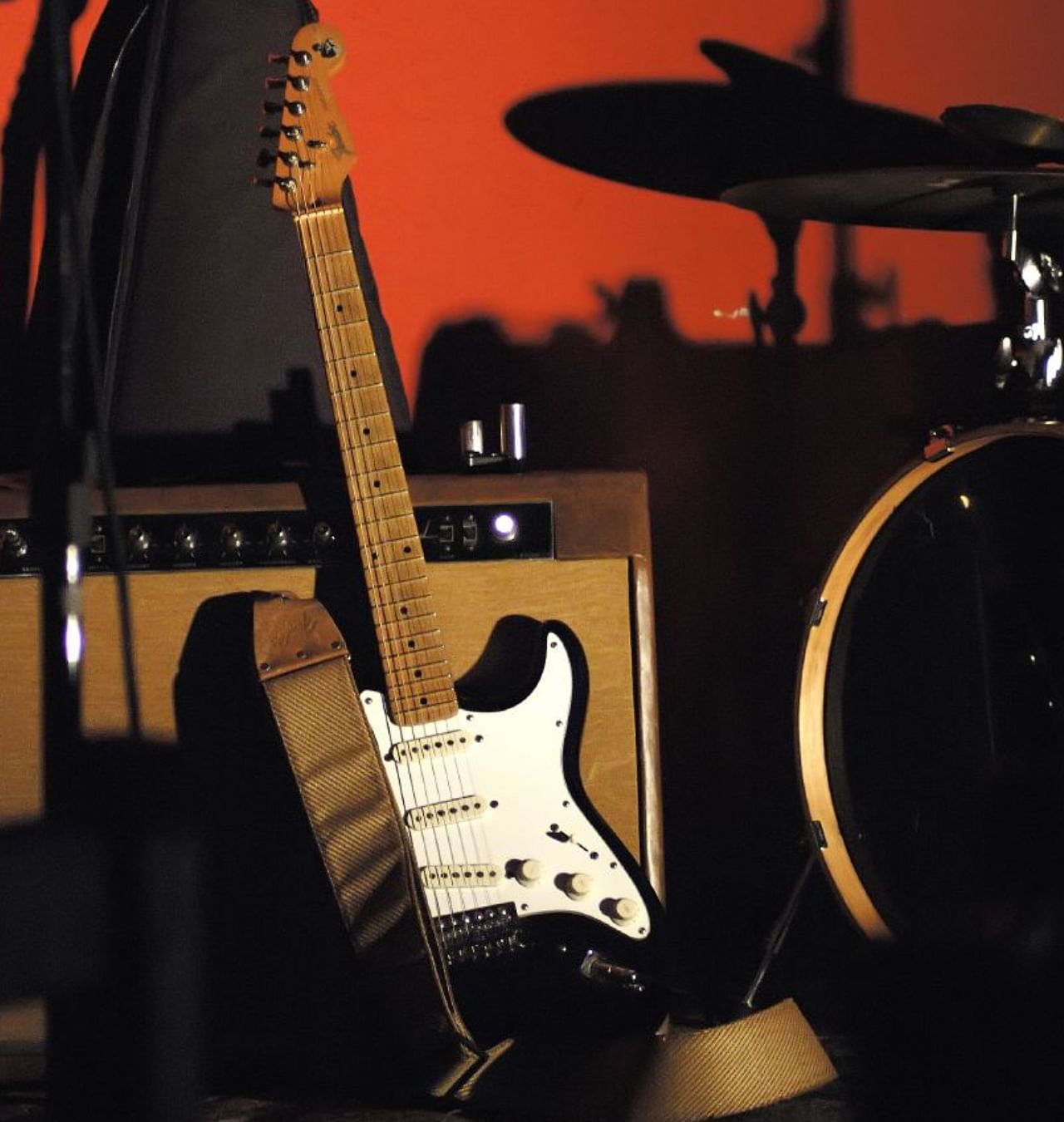
Nonetheless, seventy years later, we have an industry completely dedicated to build guitar pedals to simulate the exact way a valve would distort.
The perfect distortion is a completely nonsensical concept, but in spite of that, I already spent years and years looking for it!
When I play the blues on my guitar, I’m copying the style of dozens of blues players that had crappy technique, small amps and difficulties I can’t even imagine. I’m deliberately adding imperfections to my playing in a way that, if I succeed, I may be able to play the blues perfectly.
But that doesn’t mean I don’t understand what Rick Johnsson had in mind when we gave his contribution to the magic theory. But maybe, he would’ve been happier if he called his theory “The Too Neat Theory”.
Faking Naturalness
One of the most important elements in conveying the idea that what you did is impossible, is by being able to fake naturalness. We magicians need to convince our audience that nothing is different from what they would expect. We are imperfect beings and thus, we should act like that. If our actions are perceived as being too neat, it may cause what I call a refraction and that could lead to suspicion, and doubt can lead to the idea that what they’ve seen is possible.
(If you are more interested in understanding this theory, I explore it in detail during my Vanishing Inc. Masterclass)
So because we need to use unnatural actions in our acts, such as techniques and other resources, we should put them in a more natural frame, making them look imperfect deliberately.
And if we do it right, we may create something perfect: The illusion of impossibility.
And because there is no such thing as too impossible, delivering the illusion of impossibility is a binary thing. Either your audience saw something impossible or something possible.
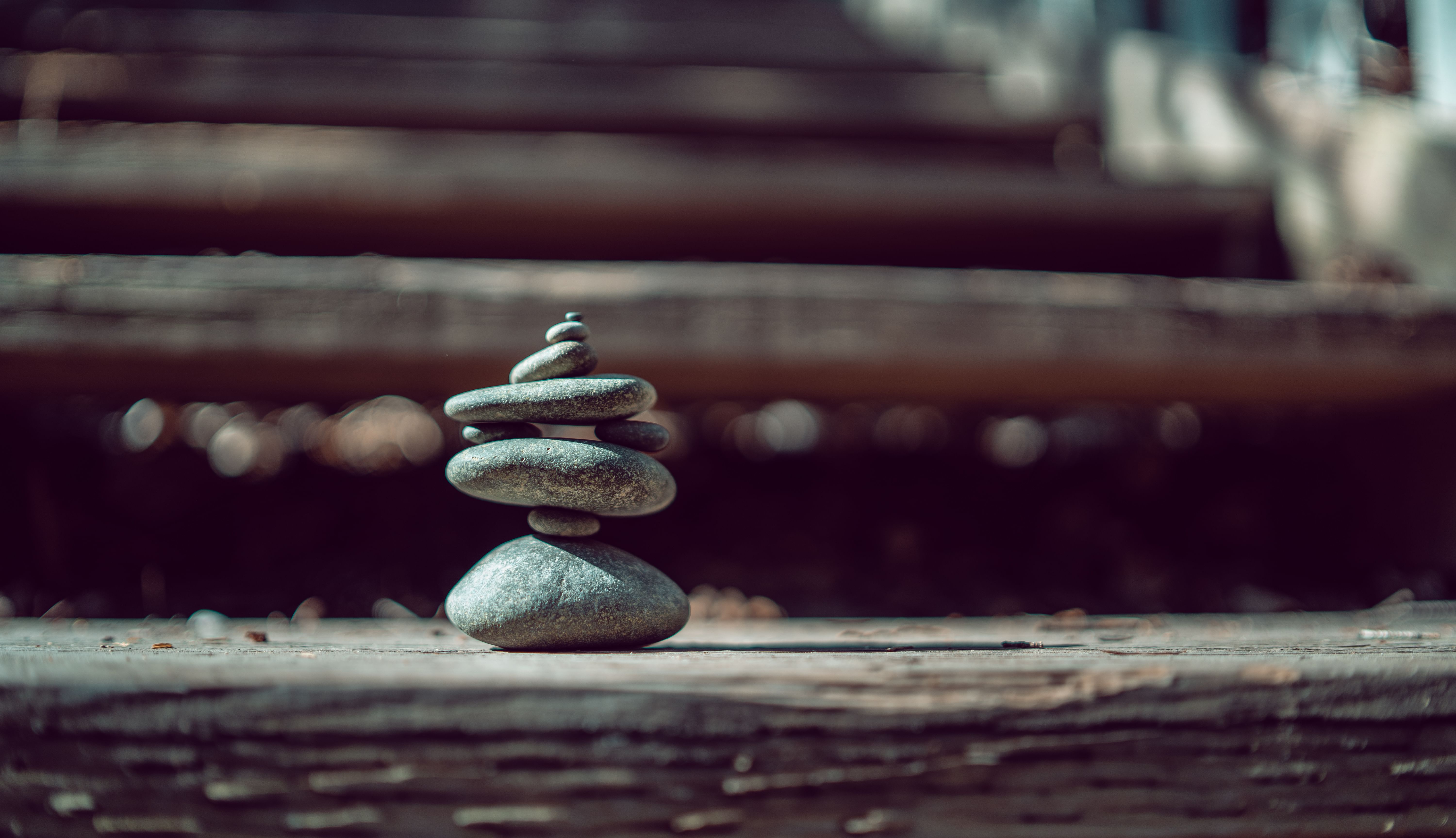
It's important to remember that, if we look close enough at most "perfect" things, we’ll notice that they are imperfect in a lot of different ways and that is why we have to dedicate a good amount of our time in creating a sense of imperfection.
In other words, the chances are that if you are too clean or too neat, you could end up delivering something imperfect. Whereas, if you are imperfect and natural, your chances of delivering something perfect are a lot higher.
At the end, if you succeed, you will perform something that is inexplicable.
Not too inexplicable though, because there is no such thing.
Back to blog homepage
Similar posts on the blog: